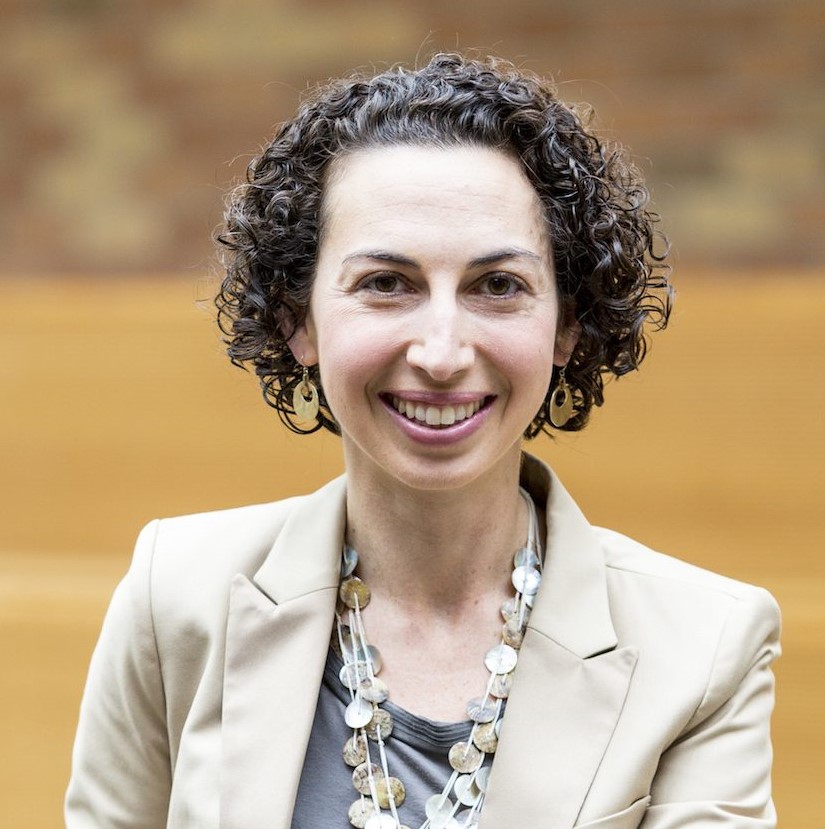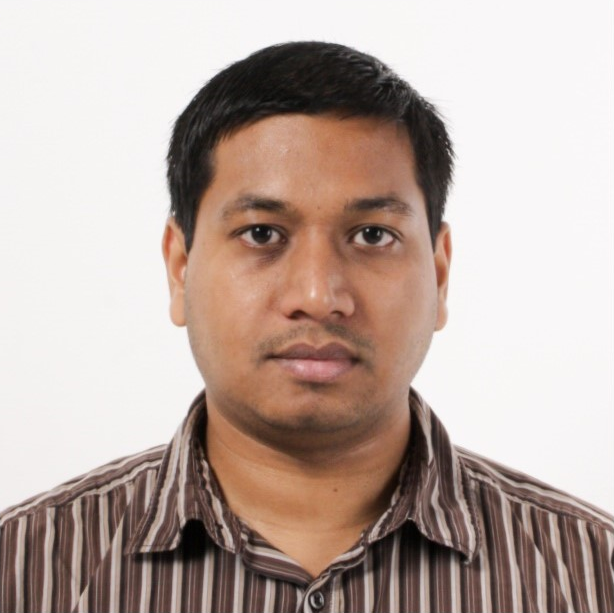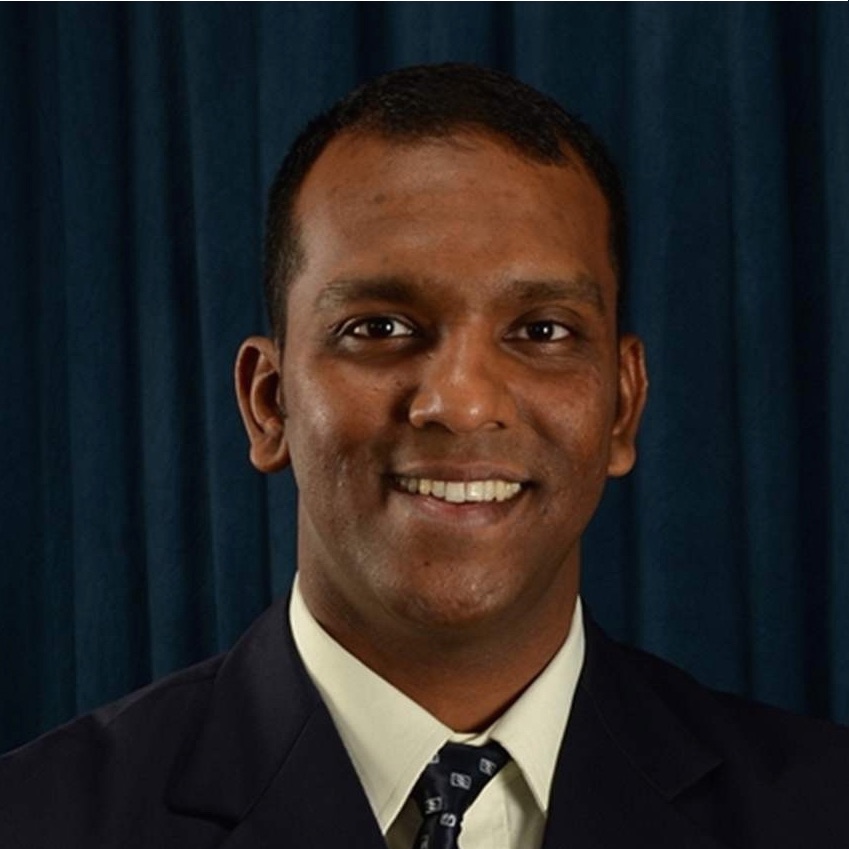Speakers
Flexibility, Interpretability, and Scalability in Time Series Modeling [Slides]
We are increasingly faced with the need to analyze complex data streams; for example, sensor measurements from wearable devices. Machine learning—and moreover deep learning—has brought many recent success stories to the analysis of complex sequential data sources, including speech, text, and video. However, these success stories involve a clear prediction goal combined with a massive (benchmark) training dataset. Unfortunately, many real-world tasks go beyond simple predictions, especially in cases where models are being used as part of a human decision-making process. For example, imagine the challenge of forecasting metro-level homeless populations based on historical annual single-night counts, or inferring the structure of gene regulatory networks from limited observations of their complex non-linear dynamics. Such complex scenarios necessitate notions of interpretability and measures of uncertainty. Furthermore, in aggregate the datasets might be large, but we might have limited data for an individual stream, requiring parsimonious modeling approaches.
In this talk, we first discuss how sparsity-inducing penalties can be deployed on the weights of deep neural networks to enable interpretable structure learning, in addition to yielding more parsimonious models that better handle limited data scenarios. We then turn to Bayesian dynamical modeling of individually sparse data streams, flexibly sharing information, accounting for uncertainty, and handling non-stationarities. Finally, we discuss our recent body of work on scaling learning in sequential data scenarios by considering stochastic gradient based approaches and mitigating the bias introduced in subsampling dependent data. We explore these ideas within the context of Markov chain Monte Carlo methods and training recurrent neural networks (RNNs). Throughout the talk, we provide analyses of neuroimaging, genomic, housing and homelessness data sources, and a language modeling task.
Bio
Dr. Emily Fox is a Principal Research Scientist at Apple and an Associate Professor in the Paul G. Allen School of Computer Science & Engineering and Department of Statistics at the University of Washington, where she holds the Amazon Professorship of Machine Learning. She received her Ph.D. in EECS from MIT, with her dissertation being awarded the Leonard J. Savage Thesis Award in Applied Methodology and MIT EECS Jin-Au Kong Outstanding Doctoral Thesis Prize. She has also been awarded a Presidential Early Career Award for Scientists and Engineers (2017), Sloan Research Fellowship (2015), ONR Young Investigator award (2015), NSF CAREER award (2014), Her research interests are in large-scale dynamic modeling and computations, with a focus on Bayesian methods.
AI for Transportation
Didi Chuxing is the world’s leading mobile transportation platform that offers a full range of app-based transportation options for 550 million users. Every day, DiDi's platform receives over 100TB new data, processes more than 40 billion routing requests, and acquires over 15 billion location points. In this talk, I will show how AI technologies have been applied to analyze such big transportation data to improve the travel experience for millions of users.
Bio
Dr. Jieping Ye is head of Didi AI Labs and a VP of Didi Chuxing. He is also a professor of University of Michigan, Ann Arbor. His research interests include big data, machine learning, and data mining with applications in transportation and biomedicine. He has served as a Senior Program Committee/Area Chair/Program Committee Vice Chair of many conferences including NIPS, ICML, KDD, IJCAI, ICDM, and SDM. He has served as an Associate Editor of Data Mining and Knowledge Discovery, IEEE Transactions on Knowledge and Data Engineering, and IEEE Transactions on Pattern Analysis and Machine Intelligence. He won the NSF CAREER Award in 2010. His papers have been selected for the outstanding student paper at ICML in 2004, the KDD best research paper runner up in 2013, and the KDD best student paper award in 2014.
Time Series Analysis for Massive Sensor Network Data from cars, airplanes and smart buildings [Slides]
Bio
Dr. Jure Leskovec is Associate Professor of Computer Science at Stanford University, Chief Scientist at
Pinterest, and investigator at Chan Zuckerberg Biohub. His research focuses on machine learning and
data mining applied to social, information and biological networks, their evolution, and the
diffusion of information and influence over them. Computation over massive data is at the heart of
his research and has applications in computer science, social sciences, economics, marketing, and
healthcare. This research has won several awards including a Lagrange Prize, Microsoft Research
Faculty Fellowship, the Alfred P. Sloan Fellowship, and numerous best paper awards. Leskovec
received his bachelor's degree in computer science from University of Ljubljana, Slovenia, and his
PhD in in machine learning from the Carnegie Mellon University and postdoctoral training at Cornell
University.








